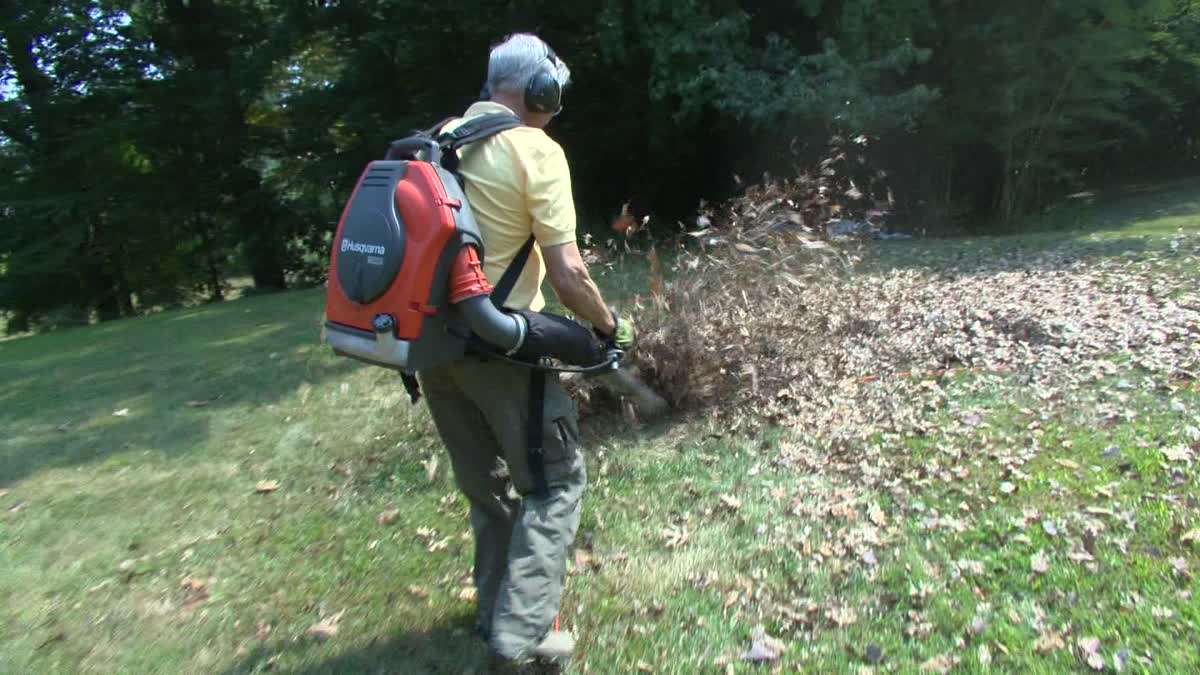You don't have to wait for the holidays to start getting into the giving spirit. Trendy West Loop restaurant The Publican has hosted a food drive every quarter of the year since opening in fall 2008, and its next one is coming up Sept. 17 through Sept. 23 to benefit the Greater Chicago Food Depository.
That means the restaurant has had about 16, more or less, of these under their belts, and thus plenty of insight into how these work and what other restaurateurs might want to know about starting their own. With all that in mind, I gave General Manager Katie Syracopoulos a call.
Why did you decide to hold these drives every quarter?
Katie Syracopoulos: We opened the restaurant in October 2008 and then we began our involvement with the GCFD in early 2009. They actually used to take place on Saturday afternoons. We just kinda had a window of a couple of hours, a two-hour window, generally, from 1:30 to 3:30, that neighbors or people locally could come by and drop off any of their non-perishable goods, and in turn there would be some small snacks and beers and whatnot available that we would provide or that other local sponsors would donate that we could offer as our way of saying thank you. This year we actually incorporated a Saturday brunch service at the Publican, which, unfortunately prohibited us from being able to continue with the same format of having this one Saturday every few months dedicated to these guests and to this opportunity. So, we decided to reformat it a little bit and so now we dedicate one week during the quarter. They run from Monday until Sunday, and any guests who are interested in participating can bring any of their non-perishable goods in at any time that they join us, albeit for dinner service or either of the brunch services. In exchange we actually give them little tickets, and they're just generally just for something along the lines of a complimentary beer, again, just as our way of saying thank you to those guests who come out and participate.
If you've done 16-ish of these, what have you learned over the years?
Katie Syracopoulos: Each one has been different. There were certainly some where the turnout was absolutely completely extraordinary, and there were some that the turnout was lesser than what we would have expected. So, whatever we can do to promote these, and to tell anybody and everybody and promoting it within our own family of restaurants, encouraging all of our staff members who have volunteered to assist us with this in packaging stuff up and so on and so forth -- encouraging them to use all of their social-media outlets in addition to those that are directly affiliated with any of our establishments in order to promote those. We actually took the entirety of the front-of-house staff to the Greater Chicago Food Depository about a year or so ago. We actually spent a day at their facilities, packaging everything up to see where things go from the time that we collect goods, give it to them and how they're ultimately divvying it up and where all of that product is then going throughout the Chicagoland area.
How does it work over there? I have no idea.
Katie Syracopoulos: It is one of the most impressive organizations that I have ever seen. First and foremost, it is mammoth. They have it broken down based upon certain demographics, whether it's children, families, elderly and the size of families. Everything is very, very systematic in terms of -- as you're packaging things it may be one item of cereal, per se, per box and one jar of peanut butter and one jar of jelly. Something along those lines. They give you a list and it's the full assembly. You all work different stations. I may just stand there for hours and just put peanut butter in boxes.
Local
If their challenges are different each time you do a drive, how do you prepare for what's coming up?
Katie Syracopoulos: It doesn't take quite as much preparation as it once did because instead of it being one day that we dedicate where we would have to make sure we had a full team, whereas now we're able to have this work in conjunction with our regular service. It's more coordinating with the Chicago Food Depository with their volunteer services of making sure that we have containers -- we actually keep it out in the restaurant so that people can walk in and be like, "Oh my gosh, there's these huge canisters filled with food. What is this for?" It's another way of intriguing and sparking and keeping people's interests in wanting to participate.
Again, just doing whatever we can to keep the word out. We will dedicate little portions of the menu talking about what the Greater Chicago Food Depository has done for the city. We'll do little excerpts on our menu in preparation for those weeks, so we'll see that run, probably, actually next week. So, about a week prior we'll promote from that area as well.
How does it work logistically to donate all that food?
Katie Syracopoulos: We have a longstanding relationship with the Greater Chicago Food Depository, so at this point and time, it being four years old, with our relationship -- I know it doesn't sound very exciting, but it really almost works itself out. Even just now, it's correspondence: "These are the days that we're looking to dedicate at the Publican for these quarters. Do these dates work for you? Are your then able to utilize your sources for internal promotion as well?" I think it's perceived to be much more difficult to host or to be a part of it than what it is.
I don't know how it's perceived. I think it's just a bit of a question mark or a mystery in people's minds.
Katie Syracopoulos: Yeah. I think it really just takes a few minutes. They are such a tremendous organization, and because they have things down to a science they make it so easy. They primarily do the majority of the legwork. We just look at what we do as just being one more outlet for people to have the opportunity to donate, give back to the community in more of a routine part of life, so that they don't have to necessarily go make a separate trip to go donate. They may have already had plans to have dinner with friends and family and that while they're here they have that opportunity.
I would encourage anybody and everybody to find an organization that interests them and just see what it would take to help participate. I think a lot of people would be pleasantly surprised to know that it virtually takes no effort at all.

David Wolinsky is a freelance writer and a lifelong Chicagoan. In addition to currently serving as an interviewer-writer for Adult Swim, he's also a comedy-writing instructor for Second City. He was the Chicago city editor for The Onion A.V. Club where he provided in-depth daily coverage of this city's bustling arts/entertainment scene for half a decade. When not playing video games for work he's thinking of dashing out to Chicago Diner, Pizano's, or Yummy Yummy. His first career aspirations were to be a game-show host.



